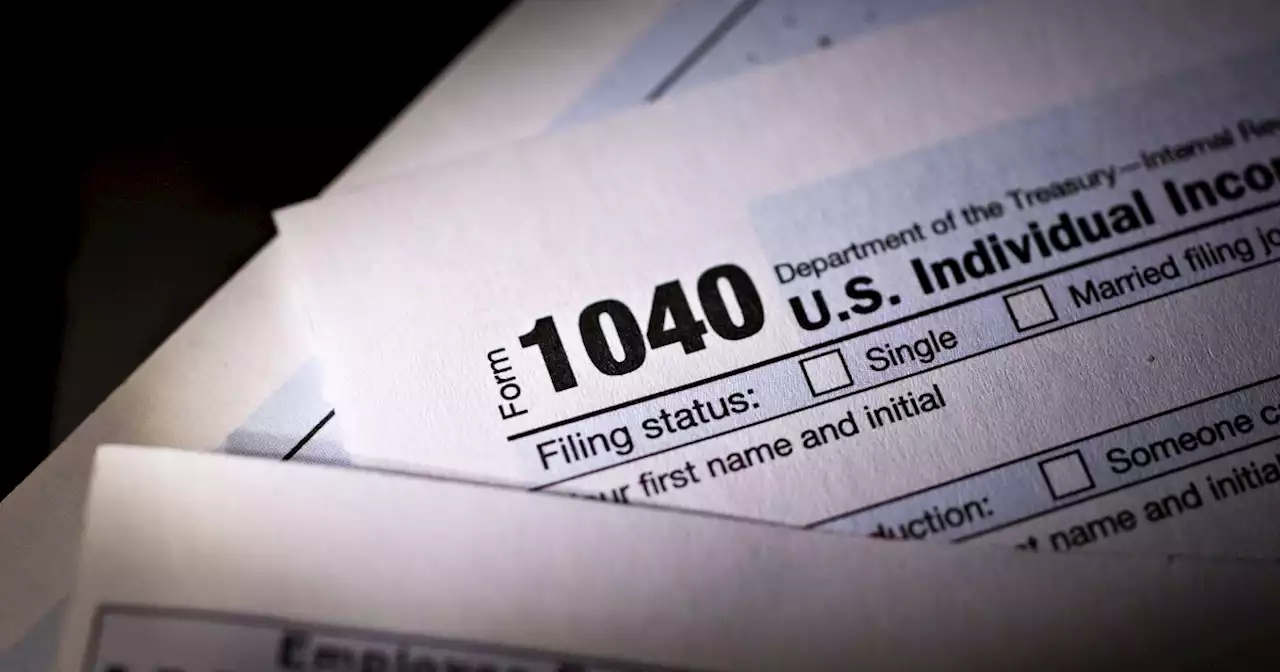The IRS is requesting people to file their tax returns ahead of the April 18 deadline to avoid delays in their payments.
may apply to service members who served or are currently serving in the Armed Forces in a combat zone or a contingency operation, or become hospitalized as a result of serving in the military. You generally have at least 180 days after you leave the designated combat zone/contingency operation to file and pay taxes.The deadline for tax returns and requesting an extension to file taxes is Monday, April 18, three days later than the normal April 15 deadline.
to determine filing requirements, standard deduction, eligibility for certain credits and your correct tax. The IRS has a tool on its website where individuals can find out their filing status.By filing a past due tax return, you can pay now to limit interest charges and late payment penalties, according to the IRS.
If the amount of your Child Tax Credit is more than the total amount of your advance Child Tax Credit payments, you can claim the remaining amount of your Child Tax Credit on your 2021 tax return, according to the IRS.as property, which means they’re taxed similarly to stocks. If an individual purchased cryptocurrency with U.S. dollars, and those assets have been sitting untouched in an exchange or your cryptocurrency wallet, they shouldn’t worry about reporting it to the IRS this year.
United States Latest News, United States Headlines
Similar News:You can also read news stories similar to this one that we have collected from other news sources.
 IRS tries to reassure pandemic-panicked taxpayersIt’s tax time and the IRS is trying to reduce some of the pandemic-induced panic many people are again likely to be feeling this year.
IRS tries to reassure pandemic-panicked taxpayersIt’s tax time and the IRS is trying to reduce some of the pandemic-induced panic many people are again likely to be feeling this year.
Read more »
 What to Do If You Got an Incorrect Child Tax Credit Letter From the IRSHere’s what families who got the child tax credit need to know before they file tax returns this season.
What to Do If You Got an Incorrect Child Tax Credit Letter From the IRSHere’s what families who got the child tax credit need to know before they file tax returns this season.
Read more »
 The IRS Just Sent This Major Warning to Taxpayers — Best LifeThe IRS is sending a child tax credit letter to taxpayers who received advanced payments last year, but the information could be incorrect.
The IRS Just Sent This Major Warning to Taxpayers — Best LifeThe IRS is sending a child tax credit letter to taxpayers who received advanced payments last year, but the information could be incorrect.
Read more »
